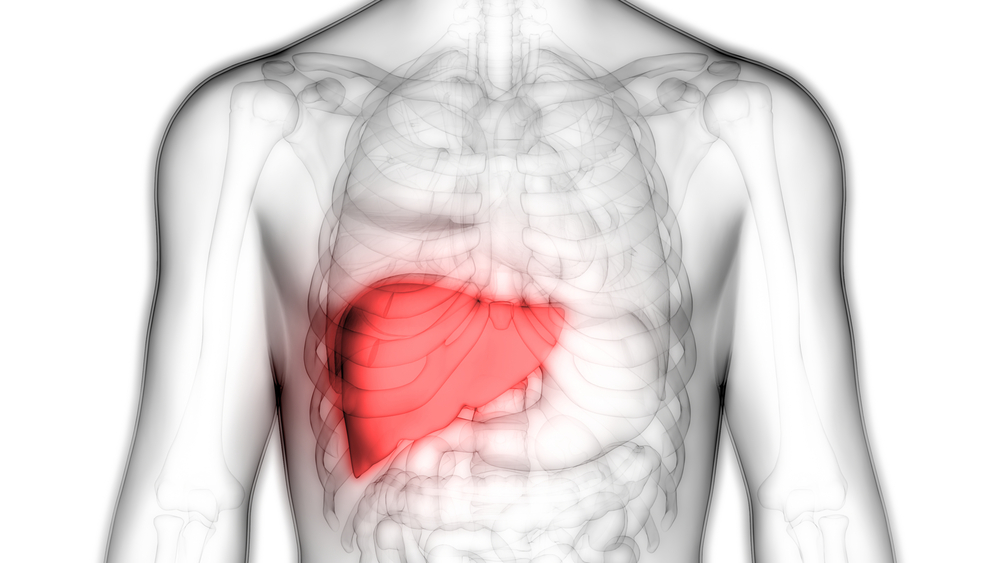Porphyria and Your Liver

People with certain types of porphyria may have problems with their liver. The following information may help you understand the link between porphyria and liver damage, the problems the disease can cause, and how doctors may treat them.
How porphyria involves the liver
Porphyria is a group of related genetic disorders that all involve the dysfunction of an enzyme that plays a role in the production of heme. Heme is an iron-containing molecule that forms hemoglobin, which is the protein that carries oxygen in red blood cells. The mutations cause reduced or irregular enzymes that lead to the accumulation of heme precursors called porphyrins.
The liver is involved primarily in the acute porphyrias: acute intermittent porphyria, variegate porphyria, hereditary coproporphyria, and delta-aminolevulinic acid (ALA) dehydratase deficiency porphyria. It also is involved in two of the cutaneous (skin) porphyrias: porphyria cutanea tarda and hepatoerythropoietic porphyria. In each of these porphyrias, the liver actually produces the porphyrins, which cause problems in the rest of the body.
In the other types of cutaneous porphyria (erythropoietic protoporphyria, x-linked protoporphyria, and congenital erythropoietic porphyria) the porphyrins or porphyrin precursors accumulate in the bone marrow. This accumulation also can lead to liver damage.
Liver problems in people with porphyria
Several different liver problems can occur in porphyria patients depending on disease type. The acute porphyrias can increase the risk of patients developing liver cancer.
Damage from porphyria cutanea tarda or erythropoietic protoporphyria also can lead to cancer and cirrhosis. Severe damage from the disease can result in organ failure in rare cases.
How doctors prevent, diagnose, and treat liver problems
If you have one of the porphyrias, there are a number of preventive measures physicians recommend to reduce the risk of liver problems. For example, they may recommend you avoid alcohol to limit extra damage. They also may recommend you have a vaccine against hepatitis to prevent the virus from causing additional damage. If you have acute porphyrias you also should try to avoid triggers that could lead to acute porphyria attacks.
If they suspect liver damage, doctors likely will perform blood tests for cancer or injury. Imaging through ultrasound also may show any abnormalities.
If you have severe damage and failure, your doctor may recommend a liver transplant to improve your quality of life. You also may benefit from a transplant if you have acute porphyria and are experiencing severe acute attacks.
Last updated: Jan. 12, 2021
***
Porphyria News is strictly a news and information website about the disease. It does not provide medical advice, diagnosis, or treatment. This content is not intended to be a substitute for professional medical advice, diagnosis, or treatment. Always seek the advice of your physician or other qualified health provider with any questions you may have regarding a medical condition. Never disregard professional medical advice or delay in seeking it because of something you have read on this website.






